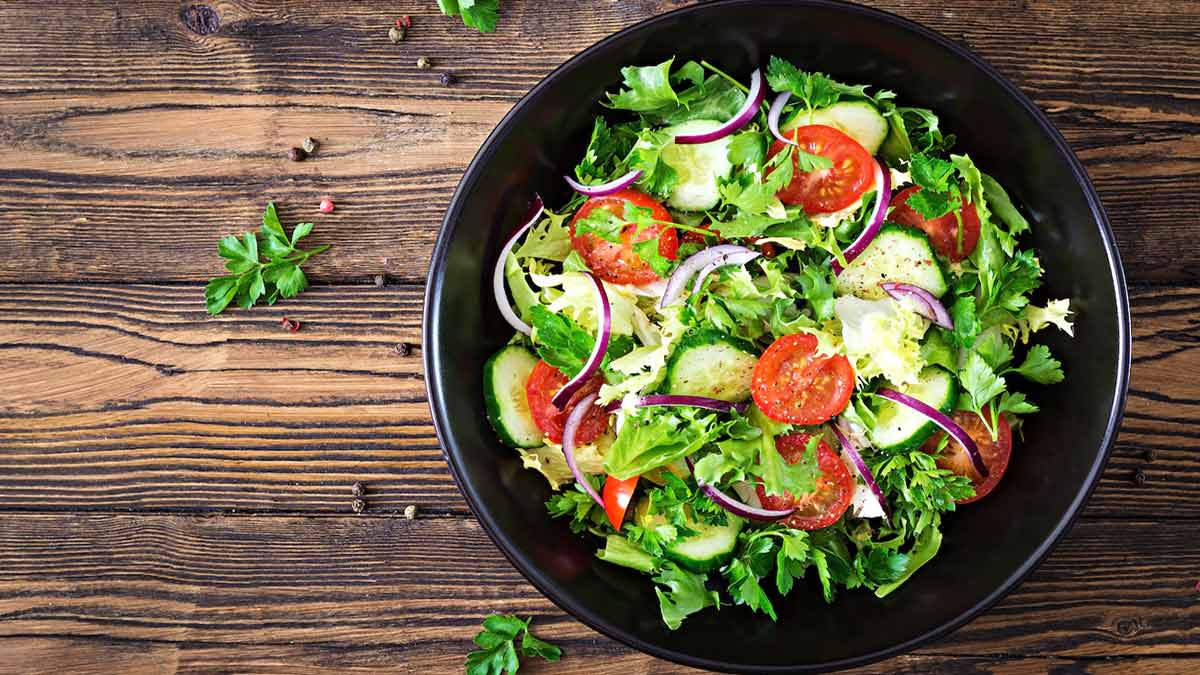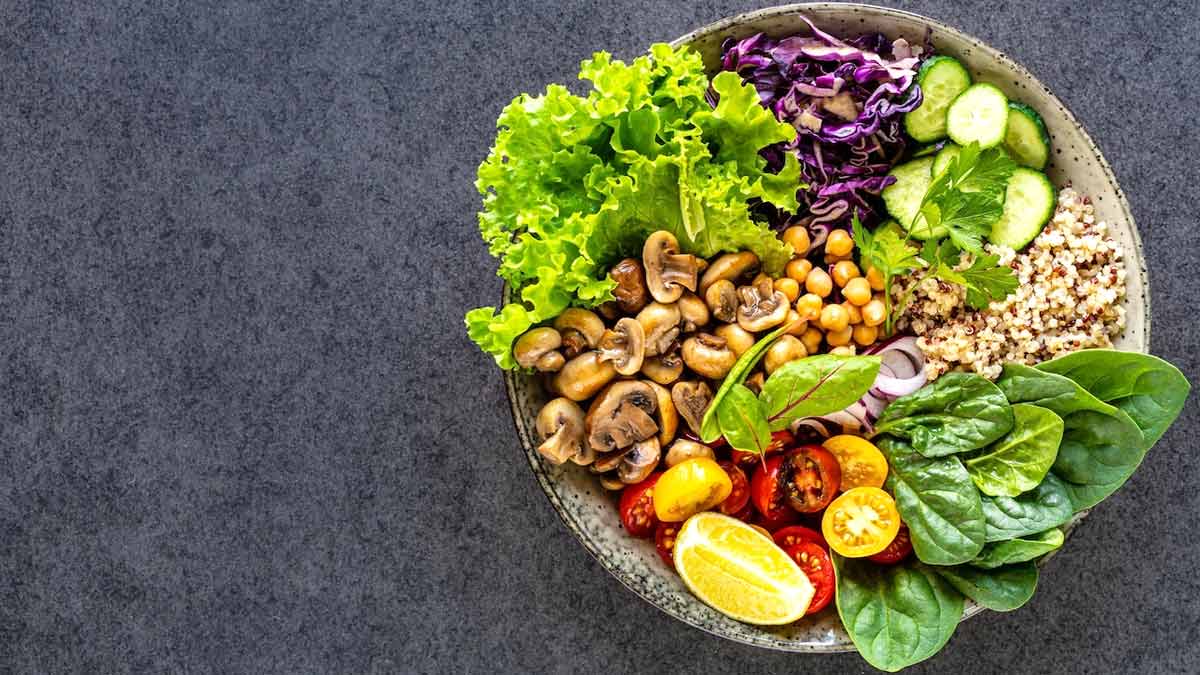Exploring Vitamin P: Health Benefits and Food Sources


Vitamin P, often referred to as bioflavonoids, is a group of plant compounds that contribute significantly to our overall health and well-being. While not technically a vitamin in the traditional sense, these natural substances have gained attention for their numerous health benefits. Let’s delve into what Vitamin P is, its remarkable advantages, and where to find it in your diet.
Understanding Vitamin P
Vitamin P encompasses a diverse group of plant pigments with antioxidant and anti-inflammatory properties. These compounds play a vital role in supporting our immune system, promoting cardiovascular health, and aiding in the absorption of vitamin C. While the term “Vitamin P” has fallen out of favour in modern nutritional science, bioflavonoids remain a crucial component of a healthy diet.
Health Benefits of Vitamin P
1. Antioxidant Powerhouse
Bioflavonoids possess potent antioxidant capabilities, neutralising harmful free radicals and reducing oxidative stress within the body. This helps protect cells and tissues from damage, potentially lowering the risk of chronic diseases like cancer.
2. Cardiovascular Support
Certain bioflavonoids, such as quercetin and hesperidin, have demonstrated the ability to improve blood vessel health, regulate blood pressure, and reduce the risk of heart diseases. They may also enhance blood circulation and decrease inflammation in the cardiovascular system.
Also read: Symptoms Of Depression That Are Often Missed

3. Immune System Boost
Vitamin P works in synergy with vitamin C to strengthen the immune system. Bioflavonoids aid in the absorption and utilisation of vitamin C, which is essential for immune function and collagen synthesis.
4. Anti-Inflammatory Effects
Bioflavonoids have anti-inflammatory properties that can alleviate chronic inflammation in the body. This may lead to reduced symptoms in conditions like arthritis and other inflammatory disorders.
Food Sources of Vitamin P
Bioflavonoids are abundant in a wide variety of fruits, vegetables, and herbs. To incorporate Vitamin P into your diet, consider including these sources:
1. Citrus Fruits
Oranges, grapefruits, lemons, and limes are rich in hesperidin, a bioflavonoid that supports cardiovascular health and immune function.
Also read: Symptoms Of Depression That Are Often Missed
2. Berries
Blueberries, strawberries, and raspberries are packed with anthocyanins, a type of bioflavonoid known for its potent antioxidant properties.
3. Leafy Greens
Spinach, kale, and other leafy greens contain quercetin, a bioflavonoid that contributes to anti-inflammatory effects and immune support.
4. Onions and Garlic
These culinary staples are excellent sources of quercetin, offering various health benefits.
5. Tea
Both green and black tea contain catechins, a type of bioflavonoid associated with antioxidant and anti-inflammatory effects.
While Vitamin P might not be a traditional vitamin, the bioflavonoids it encompasses are essential components of a well-rounded, healthful diet. Incorporating a variety of colourful fruits, vegetables, and herbs into your meals can provide a range of health benefits, thanks to the potent antioxidant, anti-inflammatory, and immune-supporting properties of these natural compounds. So, remember to embrace the power of Vitamin P for a vibrant and thriving life.
